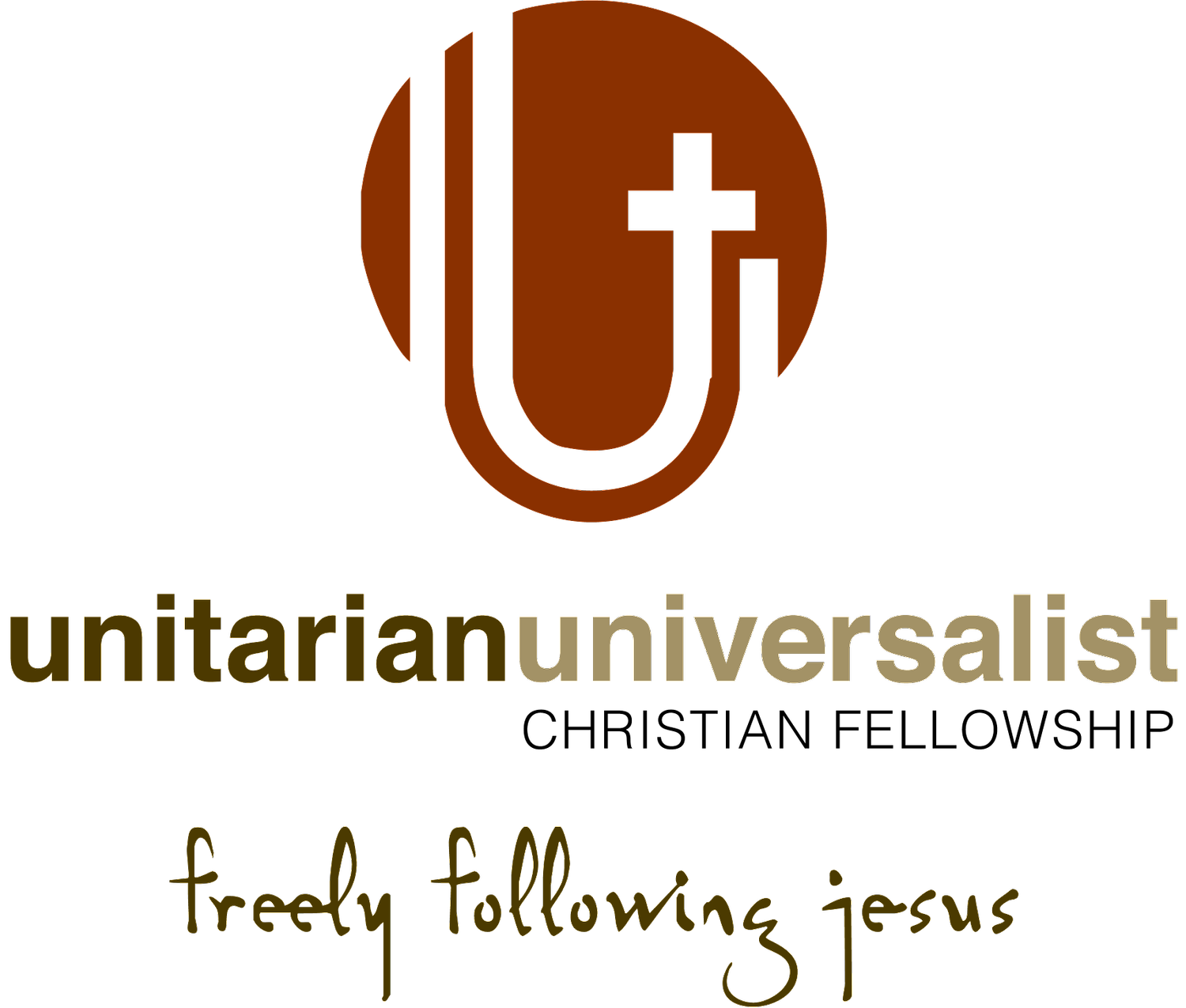1 CORINTHIANS 3: 1-9
Sixth Sunday after Epiphany
Rev. Betsy Scheuerman
Scripture: 1 Corinthians 3: 1-9
And so, brothers and sisters, I could not speak to you as spiritual people, but rather as people of the flesh, as infants in Christ. Milk I fed you, not solid food—that you were not yet able to eat. Even now you are still not ready—you are still of the flesh. For as long as there is jealousy and strife among you, are you not of the flesh, and behaving according to human inclinations? For when one says, "I belong to Paul," and another, "I belong to Apollos," are you not merely human?
What then is Apollos? What is Paul? Servants through whom you came to believe, as the Lord assigned to each. I planted, Apollos watered, but God was giving the growth. So neither the one who plants nor the one who waters is anything; the one giving growth is God. The person planting now and the person watering now are one. Each will receive reward, according to that person’s own labor. For we are God's co-workers; you are God's field, God's building.
Focusing Quotation
For we are God's co-workers; you are God's field, God's building.
Meditation
What is Paul? What are the people in my congregation? What am I? What are you?
Word has reached Paul that people in Corinth are grousing that his preaching was not sufficiently lofty and erudite. Furthermore, the people in Corinth are hardly modeling “the beloved community.” They aren’t just complaining about Paul, they are complaining about each other, divided into parties.
And Paul responds in a fully (merely?) human way: cranky, defensive, and exasperated; just as much “of the flesh” as the Corinthians he is criticizing.
Why do I see myself in this? How often am I guilty of just what I am complaining about in others? How often am I recognizing the mote in someone else’s eye, and ignoring the log in my own?
And yet. And yet. This is the starting point, not, as is too often, the end point. What phenomenal movement in this passage.
The turning point? Questions: Are you “of the flesh”? Are you “merely human”? And, profoundly, not who am I? But, what am I?
Paul grounds himself in what he is: a servant who is both nothing—merely an instrument—and part of “the one.” From this place, this place of both humility and hubris, this sense of himself as God’s worker, Paul moves beyond the “merely” human. Now he makes the most amazing affirmation: these people who have so exasperated him, these “merely human” folks with their too-human faults, these folks are God’s field. God’s building. They are not less than he is, but more.
This is why we gather in community, messy and frustrating as it is.
This is what we are: both “merely human”, and more. Alone, we may be God’s servant, God’s instrument. In community, we are God’s field. God’s building. Somehow, in community—no matter how flawed—we are what Paul Tillich called “the ground of all being.” We—you and I, with all our human weaknesses, all our human failures—are God’s home. . We are God’s creation, being created.
We are God’s body, coming to life.
Prayer
Oh God, let me recognize in myself, what I see in others. Bring me to questions. Ground me in both humility, and in You. Remind me what I am. Help me to see beyond the messiness of community; to move from defensiveness to affirmation, to turn from blame to love. Help me to know that those whom I would wish to change are Yours: Your field. Your building. And as imperfect as I am, let me know that I too am one with others, at one with Oneness, in You. Amen

